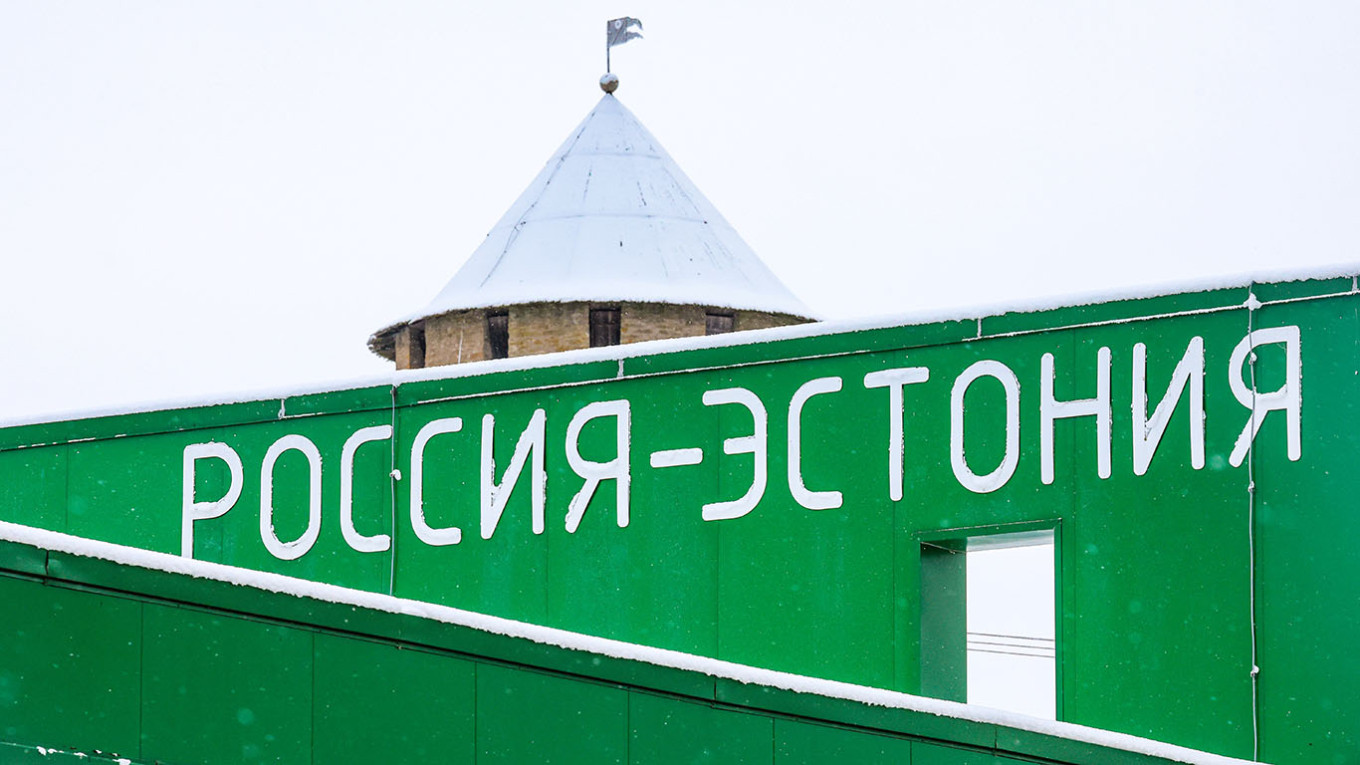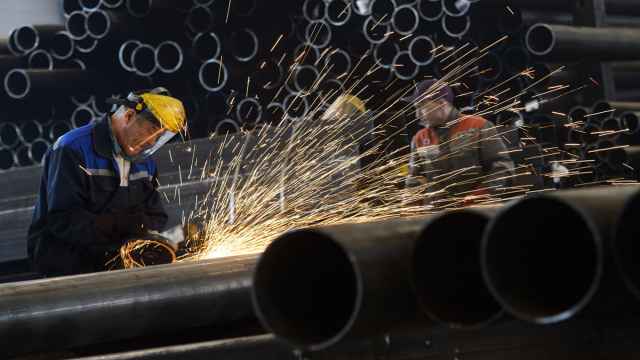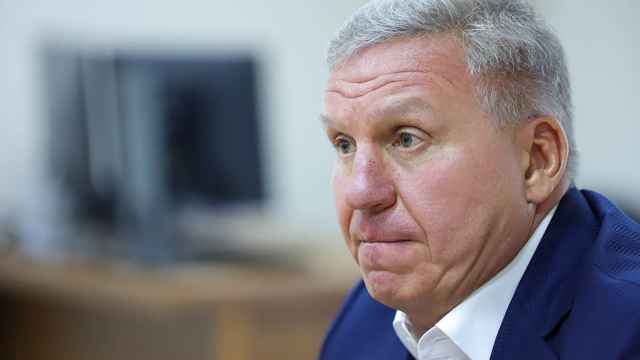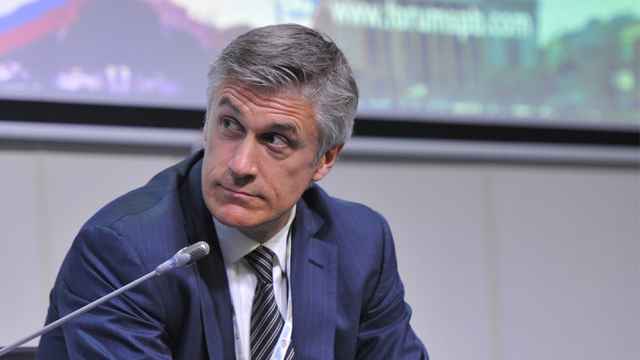Several Estonian citizens have maintained business ties with sanctioned Russian companies and individuals profiting from the war in Ukraine despite the Baltic country’s designation of Russia as a “terrorist regime,” the investigative news website The Insider reported on Wednesday.
Among the Russian figures identified in the investigation are the daughter of former Defense Minister Sergei Shoigu, billionaire industrialists Iskandar Makhmudov and Andrei Bokarev, as well as companies that supply equipment to Russian shipyards producing submarines.
Much of the cross-border business dealing reportedly involves the logistics and transportation sectors tied to Russian Railways, the state-owned monopoly that remains under Western sanctions. Additional cooperation spans construction materials, chemicals, cocoa imports and alcohol production.
One case involves Tatjana Rose, one of Estonia’s wealthiest women and the former wife of Moscow Deputy Mayor Maxim Liksutov. Her companies reportedly earned millions through Moscow–St. Petersburg rail transport contracts and were found to have partnered with Makhmudov and Bokarev, both of whom have been accused by Western governments of links to organized crime and financing Russia’s war effort.
Another example involves Estonian citizen Oleg Kraus, who co-founded a Russian cargo logistics and IT company with a firm owned at the time by Ksenia Shoigu, the former Russian defense minister’s daughter. She was said to have left the company, Capital Perform LLC, in March 2022.
The Insider’s investigation also highlights Estonian-owned contractors connected to Russian defense firms, including suppliers to the Admiralty Shipyards in St. Petersburg, which manufactures submarines for the Russian Navy. One contractor, Dmitry Rootsi, is currently serving a prison sentence in Estonia for treason linked to alleged cooperation with Russia’s military intelligence agency, the GRU.
According to The Insider, other Estonian citizens continue to profit from trade with Russia in consumer goods and construction materials, collectively contributing millions of euros in taxes to the Russian state budget since 2022.
Relations between Estonia and Russia, strained since Estonia’s independence from the Soviet Union in 1991, deteriorated sharply after the full-scale invasion of Ukraine.
Estonia declared Russia a “terrorist regime” in October 2022, following similar moves by its Baltic neighbors, Latvia and Lithuania.
A Message from The Moscow Times:
Dear readers,
We are facing unprecedented challenges. Russia's Prosecutor General's Office has designated The Moscow Times as an "undesirable" organization, criminalizing our work and putting our staff at risk of prosecution. This follows our earlier unjust labeling as a "foreign agent."
These actions are direct attempts to silence independent journalism in Russia. The authorities claim our work "discredits the decisions of the Russian leadership." We see things differently: we strive to provide accurate, unbiased reporting on Russia.
We, the journalists of The Moscow Times, refuse to be silenced. But to continue our work, we need your help.
Your support, no matter how small, makes a world of difference. If you can, please support us monthly starting from just $2. It's quick to set up, and every contribution makes a significant impact.
By supporting The Moscow Times, you're defending open, independent journalism in the face of repression. Thank you for standing with us.
Remind me later.






